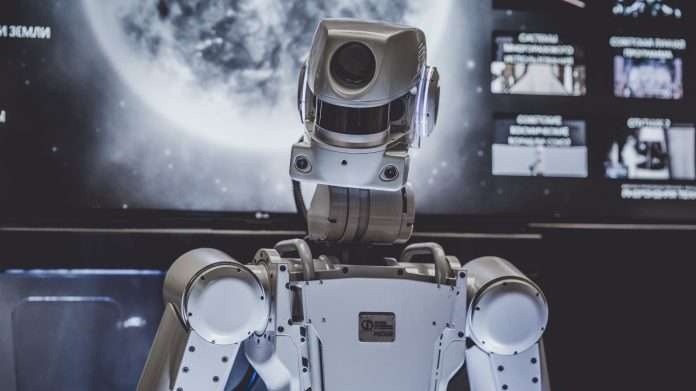The recent surge in attention towards generative AI and ChatGPT should not be overlooked. This technology has the potential to revolutionise nearly every industry, offering a multitude of people the chance to engage with AI’s transformative capacities.
Simha Sadasiva – CEO and co-founder of InsurTech Ushur – recently explained how ChatGPT will impact the future of insurance.
Historically, the democratisation of transformative technologies has led to a surge of creative genius across the population. Consider GPS technology which originated as a specialised tool for the military and has now become an integral part of daily life. This shift led to the creation of various innovative applications like Google Maps, Waze, and eventually disruptive businesses like Uber and Lyft. ChatGPT and its potentials follow this pattern, as it presents an assembly of already-existing technologies but transforms the human experience in novel ways.
Large Language Models (LLMs), which employ vast quantities of data to generate responses to questions, have been in development for almost a decade. However, their full potential is just beginning to surface. This new level of accessibility in natural language generation technology is reminiscent of the shift from on-prem data centres to cloud infrastructure. This shift drastically reduced the cost of starting a company and allowed for rapid innovation, and the emergence of generative AI like ChatGPT is likely to follow suit.
The rise of ChatGPT has prompted speculation about its implications for incumbent tech giants. While some fear significant upheaval, it’s worth noting that these companies are equipped to respond to this change. Like Uber and Lyft, who did not mean the end of the auto industry, tech giants like Google and Facebook are more likely to adapt and continue to be dominant forces in the industry. They have substantial resources and have invested significantly in LLMs and generative AI, which will allow them to navigate this technological shift.
Nevertheless, the evolution of technology inevitably disrupts the status quo, and companies unable to adapt risk obsolescence. For example, companies like Blockbuster and Circuit City failed to adapt to new ways of serving customers and eventually collapsed. Currently, the healthcare and insurance industries face similar challenges as they navigate shifting consumer expectations in a regulated environment.
Sadasiva stated that ChatGPT and generative AI have immense potential in these industries. However, the adoption of this technology is not without its obstacles. Concerns about inherent bias within AI, which learns based on the data it is fed, need to be addressed. For certain applications, such as ChatGPT’s search function, a 70-80% accuracy is sufficient, but for others, it falls short. For example, in the insurance industry, this technology could reduce the costs of assessing risk but it needs to meet a high standard of accuracy.
In healthcare and insurance, the introduction of generative AI could drastically reduce costs and improve access to care. Consider the inconvenience and cost of visiting a doctor for a non-emergency diagnosis that could easily be obtained through a service like ChatGPT. Improving access to healthcare and insurance is a critical issue and generative AI presents a viable solution.
The adoption of generative AI and ChatGPT has the potential to democratise access to healthcare and improve our collective quality of life. The challenge for incumbent industries is whether they can adapt to leverage this technology, or if they will fall by the wayside like others before them. The opportunity to evolve is at their fingertips, but they must act swiftly to seize it.
Read the story here.
Keep up with all the latest FinTech news here
Copyright © 2023 FinTech Global











